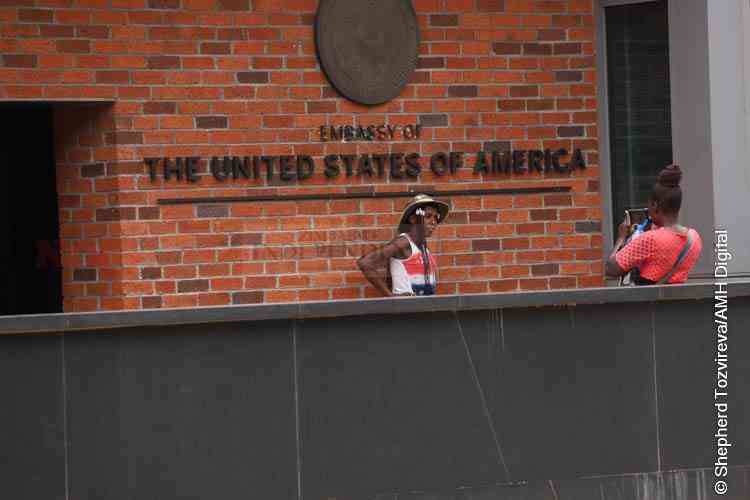
THE United States government, through the US embassy’s Ambassador’s Self-Help Programme, has provided US$647 000 to 19 civil society organisations across the country to undertake various empowerment projects.
Announcing the awards, chargé d’affaires, Elaine French said: “The people of Zimbabwe face great economic challenges, but everywhere I go, from Harare to Chipinge, I see enormous potential and resilience.
“The United States will continue to help the people of Zimbabwe through programmes that help communities unlock their own potential and improve their living standards.”
Following a November 22 grants signing ceremony at the US embassy, grantees attended a capacity building training focused on best practices in financial management and project sustainability.
The ambassador’s Special Self-Help Fund will provide US$7 767 to Jedidiah Trust to improve the food security and nutrition of children of incarcerated parents and their caregivers.
The project will drill a borehole, install a drip irrigation system, and establish a market and nutrition garden in Chegutu, Mashonaland West province.
The President’s Emergency Plan for Aids Relief small grant fund to the Baptist Union of Zimbabwe Orphan Care will provide US$4 800 to unemployed youths in Zvavahera community, Gutu, Masvingo province with a low-cost income generation project.
Beneficiaries will train on food preservation and packaging methods to establish a small-scale fruit and vegetable drying project to mitigate the effects of poverty and hunger.
- Education crisis mirrors national problem
- USD fees: Govt policy failure hurting parents
- Zim has 2nd highest rising food prices: WB
- US raises red flag on abuse of journos in Zim
Keep Reading
The Julia Taft Refugee Fund small grant to Childline Zimbabwe of US$25 000 will support 300 young caregivers with vocational and livelihood training in Manicaland’s Tongogara Refugee Camp.
Working in consultation with the camp administration, Childline will target vulnerable youths, including teen mothers and orphans, with income-generating activities to help them provide for the children in their care.
The project will indirectly benefit 1 200 children.
Since 1980, the US has supported community development projects that improve basic economic and social conditions at the village level across the country.










